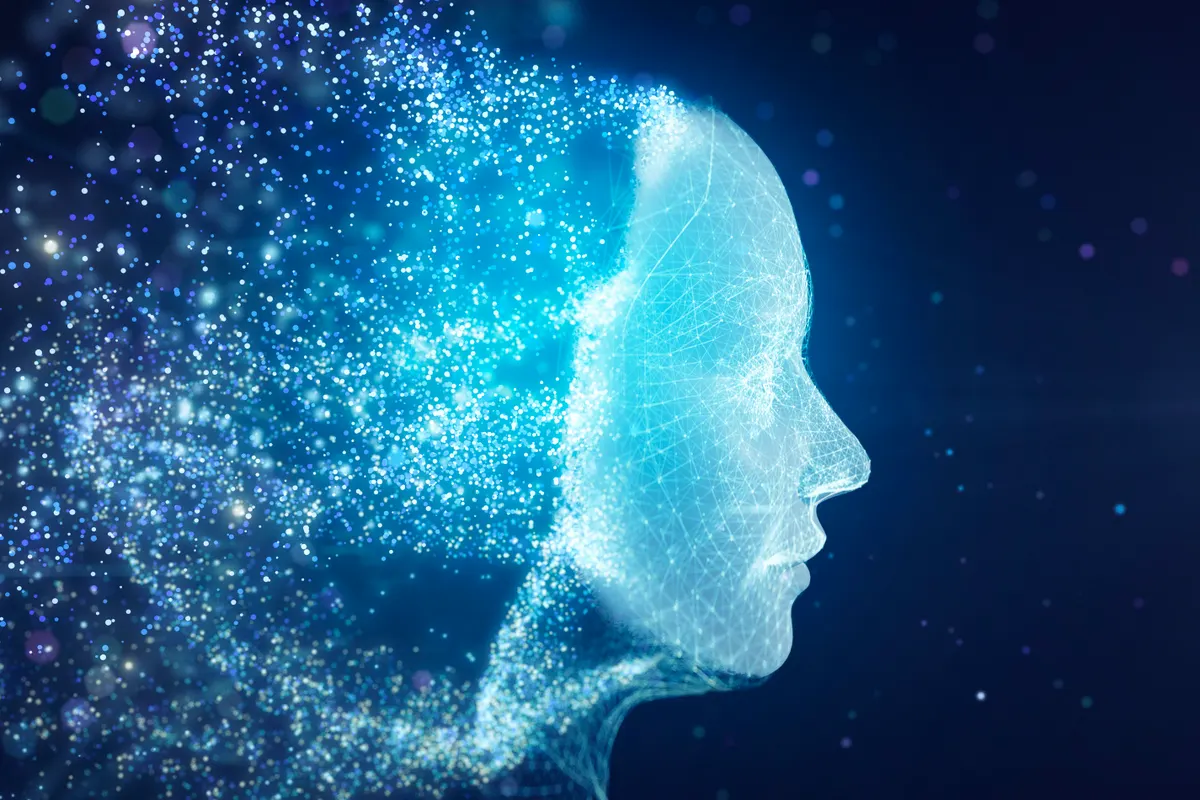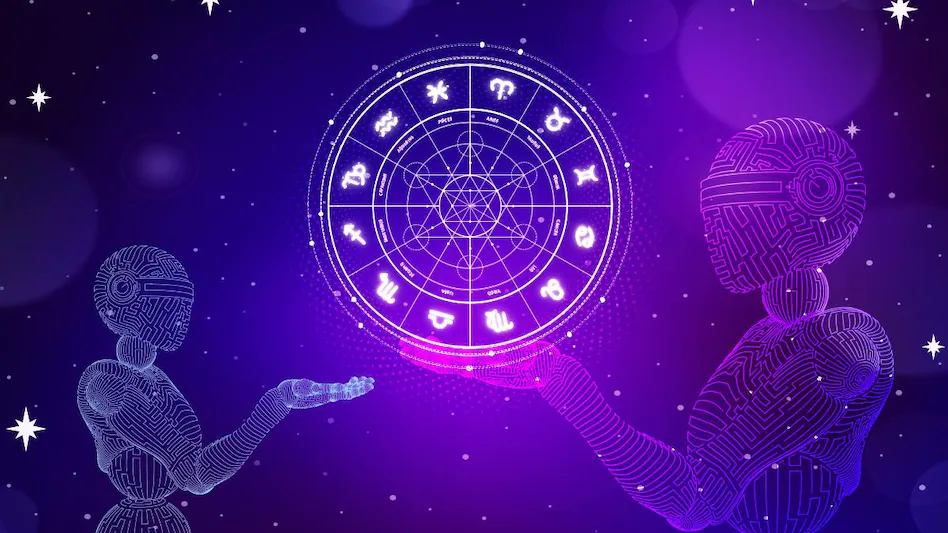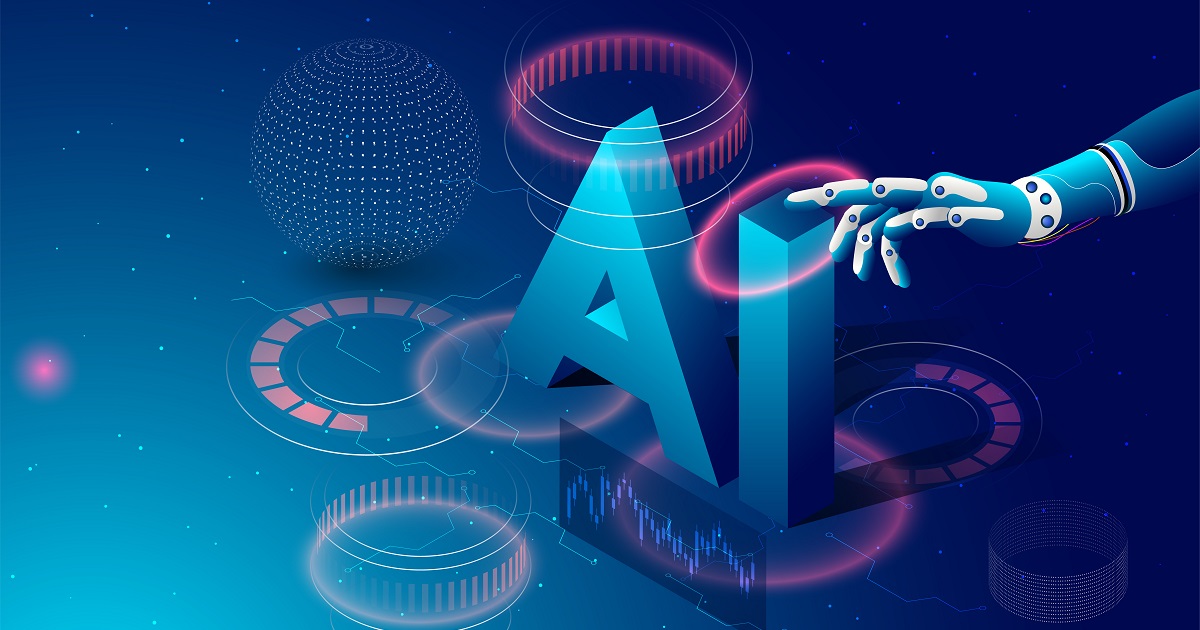Astrology And Machine Learning - Exploring The Possibilities Of AI In Astrology
In this article, we will explore the intersection of astrology and machine learning, discussing the potential benefits and challenges of using AI in astrology, as well as current research and applications.
Author:Mia ThompsonReviewer:Evelyn AdamsMay 08, 20237.9K Shares499.8K Views

Astrologyhas been practiced for centuries as a way of understanding the movements and positions of celestial bodies and their influence on human behavior. Traditionally, astrologers used their intuition and knowledge of astrological principles to make predictions and offer guidance. However, with the advent of machine learning, there is an opportunity to leverage technology to make more accurate and data-driven astrological predictions.
In this article, we will explore the intersection of astrology and machine learning, discussing the potential benefits and challenges of using AI in astrology, as well as current research and applications.
The Promise Of Machine Learning In Astrology
Machine learningis a form of artificial intelligence that enables computers to learn and improve from experience without being explicitly programmed. In astrology, machine learning algorithms can analyze vast amounts of historical astrological data to identify patterns and make predictions.
One of the main promises of machine learning in astrology is the potential for more accurate and personalized horoscopes. By analyzing the birth chart of an individual, machine learning algorithms can identify unique patterns and make predictions based on the individual's specific astrological makeup.
Another benefit of machine learning is the ability to process vast amounts of data quickly. Astrology involves analyzing complex and interconnected relationships between celestial bodies, and machine learning algorithms can analyze these relationships at a speed that would be impossible for humans to match.
Challenges Of Using Machine Learning In Astrology
While there are many potential benefits of using machine learning in astrology, there are also several challenges to consider.
One challenge is the need for high-quality data. Machine learning algorithms rely on large datasets to identify patterns and make predictions, and in the case of astrology, historical astrological data is not always readily available or easily accessible.
Another challenge is the risk of overfitting. Overfitting occurs when a machine learning algorithm is trained on a small dataset and becomes too specialized to that dataset, making it less accurate when applied to new data. In the context of astrology, this could mean that machine learning algorithms become too specialized to specific astrological patterns and are less effective at making predictions for new patterns.
Current Research And Applications
Despite the challenges, there is already significant research and development in the field of astrology and machine learning.
One example is the work of astrologer and data scientist David Cochrane, who has developed a machine learning algorithm that can accurately predict the timing of significant life events, such as marriage, divorce, and career changes, based on an individual's birth chart.
Another example is the startup AstroLabs, which is using machine learning to analyze astrological data to make predictions about financial markets. The company's algorithms analyze planetary movements and other astrological factors to predict market trends and identify investment opportunities.
Ethical Considerations
As with any technology, the use of machine learning in astrology raises important ethical considerations. One concern is the potential for bias in the data. Historical astrological data may reflect societal biases, and machine learning algorithms can perpetuate these biases if they are not carefully designed and tested.
Another concern is the privacy of individuals. Astrological data is personal and sensitive, and there is a risk that machine learning algorithms could be used to exploit or manipulate individuals. It is important to ensure that individuals' privacy is protected and that machine learning algorithms are designed and used in a way that is transparent and accountable.
The Future Of Astrology And Machine Learning
The field of astrology and machine learning is still in its early stages, but there is already significant interest and investment in this area. As the technology advances and more data becomes available, we can expect to see more applications of machine learning in astrology.
One area that shows promise is the use of machine learning to identify new astrological patterns and relationships that were previously unknown. By analyzing vast amounts of data, machine learning algorithms can identify patterns and connections that would be difficult or impossible for humans to identify.
Another area of future development is the use of machine learning to create more personalized and accurate horoscopes. As machine learning algorithms become more sophisticated, they will be able to take into account more complex astrological relationships and provide more tailored predictions.
Implications For Astrology And Society
The use of machine learning in astrology has significant implications for society as a whole. Astrology has always been a popular and influential practice, and the ability to make more accurate and data-driven predictions could have significant effects on individual behavior and decision-making.
One potential implication is the increased reliance on astrological predictions for major life decisions, such as marriage, career changes, and financial investments. While astrology has always played a role in these decisions, the use of machine learning could lead to a greater emphasis on astrology as a form of guidance.
Another implication is the potential for astrology to become more accessible to a wider range of people. Machine learning algorithms could make astrology more understandable and relatable to individuals who may not have had access to traditional astrological practices.
Practical Applications Of Astrology And Machine Learning
Aside from personalized horoscopes and identifying new astrological patterns, there are other practical applications of astrology and machine learning that could benefit society. You can buy a good pc for applications with this guide.
One potential application is in the field of mental health. Studies have shown that individuals with certain astrological signs may be more prone to certain mental health conditions. By analyzing astrological data with machine learning algorithms, mental health professionals could potentially identify individuals who may be at higher risk for certain conditions and provide them with targeted interventions.
Another potential application is in the field of business and finance. Astrology has long been used in financial predictions, and machine learning could make these predictions more accurate and data-driven. By analyzing vast amounts of financial data alongside astrological data, machine learning algorithms could potentially identify patterns and trends that would be difficult for humans to identify.
Challenges And Limitations
While the potential applications of astrology and machine learning are exciting, there are also challenges and limitations to consider. One challenge is the lack of standardization in astrological practices and data. Different astrologers may use different methods and interpretations, which could make it difficult to create a standardized dataset for machine learning algorithms.
Another challenge is the need for more diverse and representative datasets. Historical astrological data may reflect biases and limitations, and it is important to ensure that machine learning algorithms are trained on diverse and representative datasets in order to avoid perpetuating these biases.
People Also Ask
What Exactly Is Machine Learning?
Machine learning is a subset of artificial intelligence that involves teaching machines to learn patterns and relationships in data. Rather than being explicitly programmed with rules to follow, machine learning algorithms use statistical techniques to analyze and learn from data, allowing them to make predictions or identify patterns without being explicitly programmed to do so.
What Are The 4 Basics Of Machine Learning?
The four basics of machine learning are:
- Data collection -The first step in any machine learning project is to collect relevant data that can be used to train the algorithm.
- Data preparation -Once the data is collected, it must be cleaned, formatted, and processed to ensure that it is suitable for training the machine learning algorithm.
- Model training -This involves using the processed data to train the machine learning algorithm to identify patterns and make predictions.
- Model evaluation -After the model has been trained, it must be evaluated to ensure that it is accurate and performs well on new, unseen data.
What Are The 3 Types Of Machine Learning?
The three types of machine learning are:
- Supervised learning -This type of machine learning involves using labeled data to train the algorithm to make predictions or identify patterns. The algorithm is provided with input data and corresponding output data, and it learns to make predictions based on this input-output mapping.
- Unsupervised learning -In unsupervised learning, the algorithm is provided with input data but no corresponding output data. The algorithm must identify patterns and relationships in the data on its own.
- Reinforcement learning -Reinforcement learning involves training an algorithm to make decisions based on feedback it receives from its environment. The algorithm learns to maximize a reward signal based on the actions it takes, and it adjusts its behavior over time to improve its performance.
Conclusion
Astrology and machine learning represent a promising intersection of ancient wisdom and modern technology. While there are challenges to overcome, the potential benefits of more accurate and personalized horoscopes and the ability to process vast amounts of astrological data quickly make it an exciting area for future research and development.
As with any technology, it is important to approach the use of machine learning in astrology with caution and to ensure that it is used ethically and responsibly. Nevertheless, the potential for new insights and deeper understanding of the influence of celestial bodies on human behavior make it an area worth exploring.
Jump to
The Promise Of Machine Learning In Astrology
Challenges Of Using Machine Learning In Astrology
Current Research And Applications
Ethical Considerations
The Future Of Astrology And Machine Learning
Implications For Astrology And Society
Practical Applications Of Astrology And Machine Learning
Challenges And Limitations
People Also Ask
What Are The 4 Basics Of Machine Learning?
Conclusion

Mia Thompson
Author
Mia Thompson is a versatile writer at Kansas Press, delving into a range of topics including news, spiritual exploration, astrology, and numerology. With a passion for delivering insightful and informative content, Mia's articles provide readers with valuable perspectives and thought-provoking insights into these intriguing subjects.
She is dedicated to creating content that resonates with readers and fosters a deeper understanding of complex topics.

Evelyn Adams
Reviewer
Evelyn Adams is a dedicated writer at Kansas Press, with a passion for exploring the mystical and uncovering hidden meanings.
Evelyn brings a wealth of knowledge and expertise to her insightful articles. Her work reflects a commitment to providing accurate information, thoughtful analyses, and engaging narratives that empower readers to delve into the mysteries of the universe.
Through her contributions, Evelyn aims to inspire curiosity, spark imagination, and foster a deeper understanding of the supernatural world.
Latest Articles
Popular Articles

